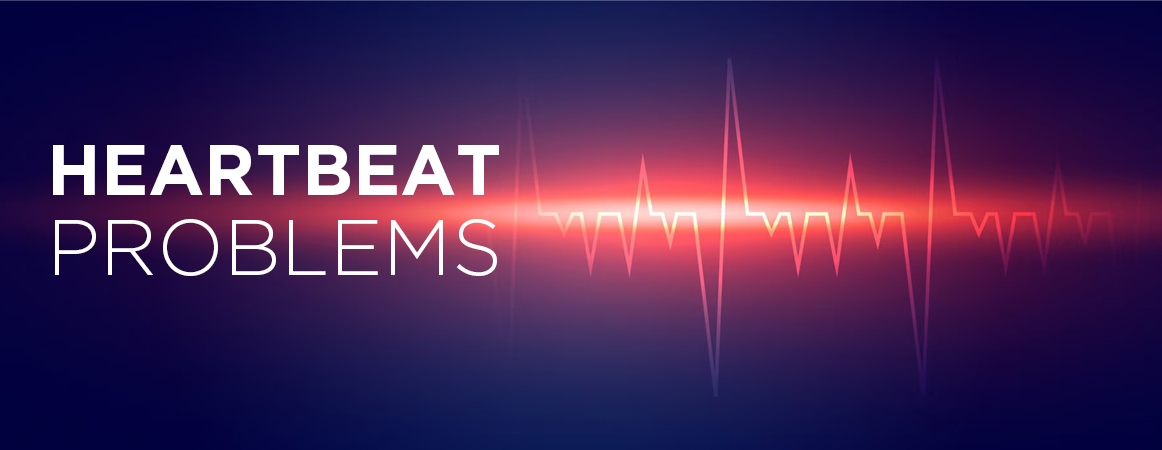Heartbeat Problems
An irregular heartbeat condition is called a heartbeat issue or heart arrhythmia. Heart rate problems are a frequent concern of many people and it can be a sign of underlying heart issues. In some cases, a fast heartbeat can be a dangerous or severe health problem. A fast heartbeat problem condition is also known as tachycardia. Whereas, when the heartbeat is too slow, it is called bradycardia.
The heart is a complex organ that performs the vital task of pumping blood to the rest of the body. The number of times the heart beats per minute depends on numerous factors like exercise, genes, age, or stress. Typically, the normal heart rate falls in the range of 60 to 100 beats per minute. However, if the heart rate is persistently slower or faster than this range, it may indicate heart rate issues.
Causes of Heart Rate Problems
Heart rate problems or arrhythmias can be due to the following reasons:
- Heart tissue irritability (genetic reasons)
- Coronary artery disease
- High blood pressure
- Cardiomyopathy or heart muscle changes
- Valve issues
- Heart attack injury
- Stress
- Post-Heart surgery healing
- Other medical issues
Factors and Symptoms of Heart Rate Issues
There are several factors that suggest heart rate issues, including lifestyle factors like poor diet, stress, or excessive alcohol consumption. Severe health conditions like thyroid problems, blood pressure, and heart disease also contribute to heart rate problems. In some cases, medications and stimulants also affect the heart rate.
Heartbeat problems or arrhythmia can also be asymptomatic and only be detected through a physical exam. Similarly, having arrhythmia symptoms does not imply a serious condition, and not having symptoms does not suggest a mild arrhythmia condition.
Fast heartbeat problems or tachycardia can cause symptoms like palpitations, chest pain, difficulty in breathing, and dizziness. In some cases, tachycardia can also cause a heart attack.
Bradycardia or a slow heartbeat condition can limit the supply of oxygen to the brain and other organs of the body which could lead to chest pain, dizziness, cognitive issues, easy tiring during any physical activity, difficulty in breathing, and fainting.
Diagnosis of Heartbeat Problems
Diagnosis of heartbeat problems includes identifying the source of an irregular heartbeat pattern. The doctor will examine the patient’s medical history, lifestyle, and current symptoms, followed by a physical exam to assess the patient’s heart rate, pulse, blood pressure, and swelling. After conducting a physical exam and analyzing symptoms, a cardiologist will conduct several diagnostic tests to check your heart rate problem and determine its causes. Tests that will diagnose irregular heartbeat include electrocardiogram records, ambulatory monitor, stress test, implantable loop recorder, echocardiogram, cardiac catheterization, electrophysiology study, and head-up tilt-table test.
Treatment of Heart Rate Problems
The treatment of heart rate issues can vary, based on the type and severity. Treatment options might include medications, changes in lifestyle, electrical devices, and surgery.
If you are experiencing heart rate problems, it is important that you consult a cardiologist who is experienced and knowledgeable. Memon Medical Hospital Institute provides highly-skilled and experienced cardiologists in Karachi, who are committed to providing exceptional medical care to their patients. With access to the best cardiologists in Karachi, you can ensure the optimal health of your heart.


